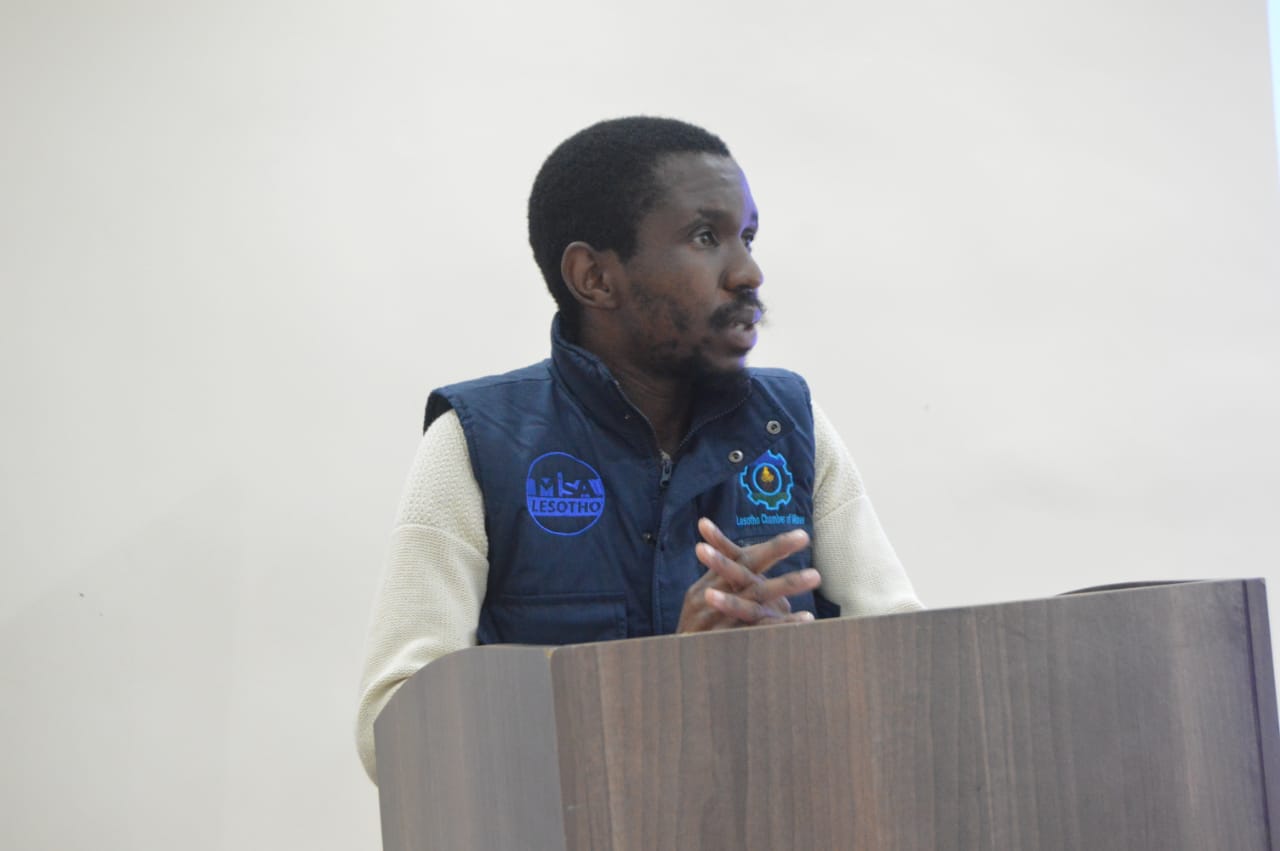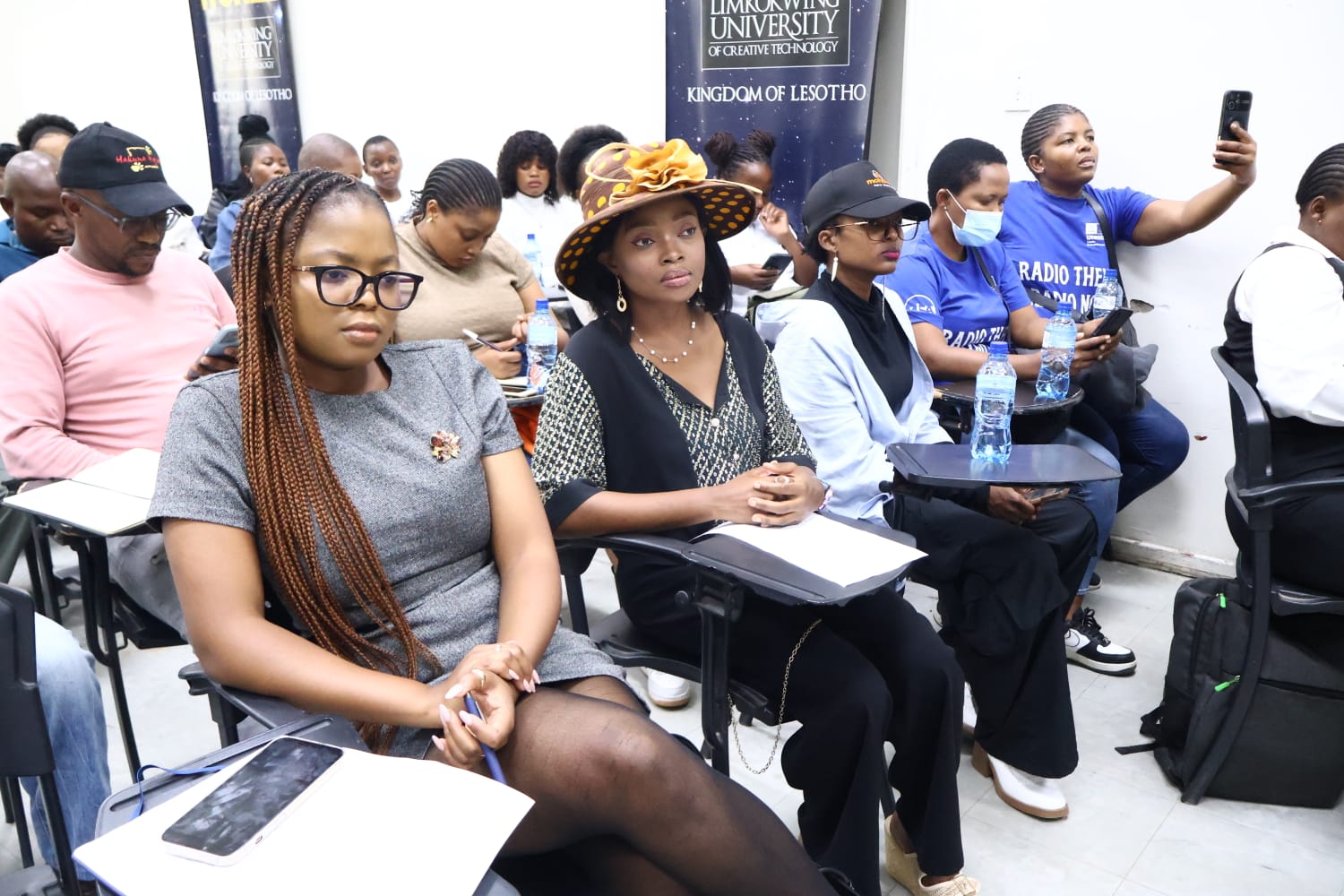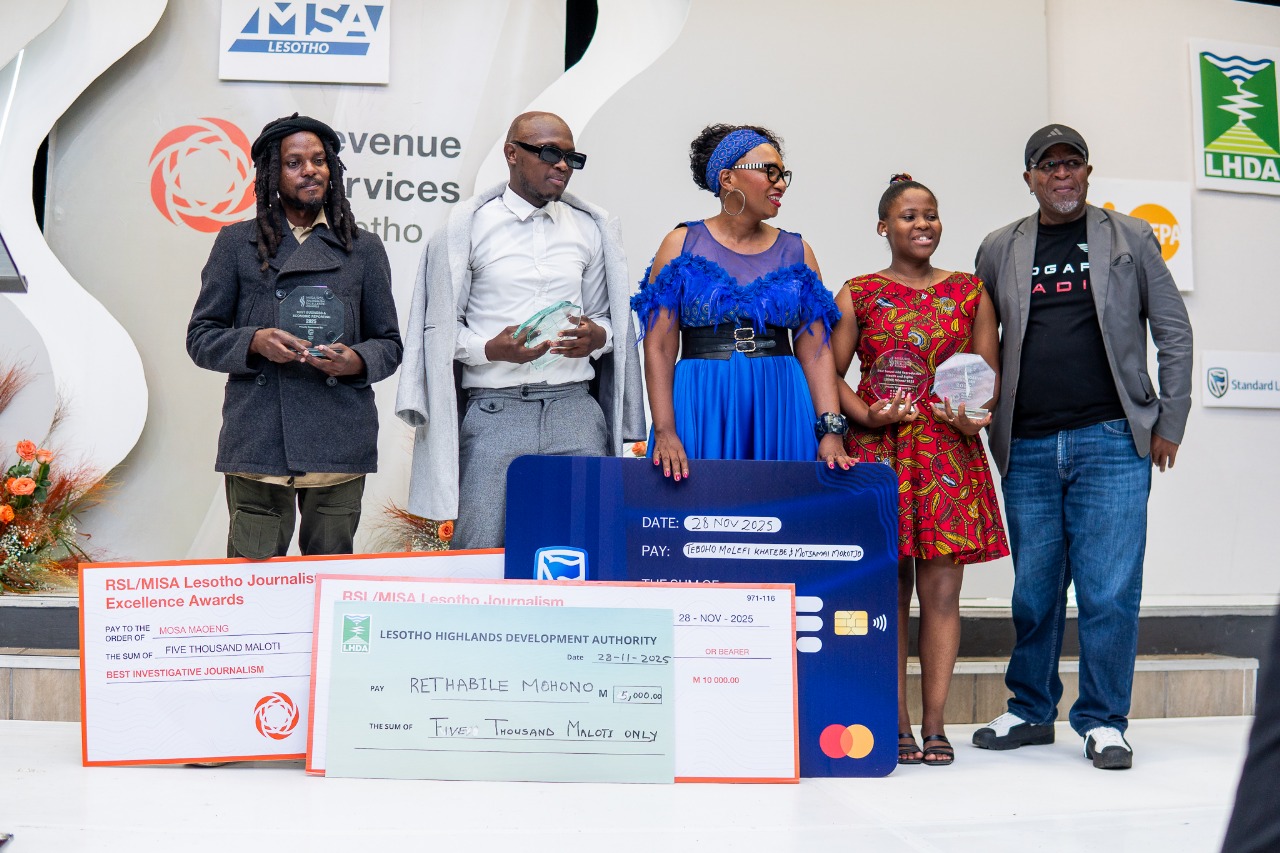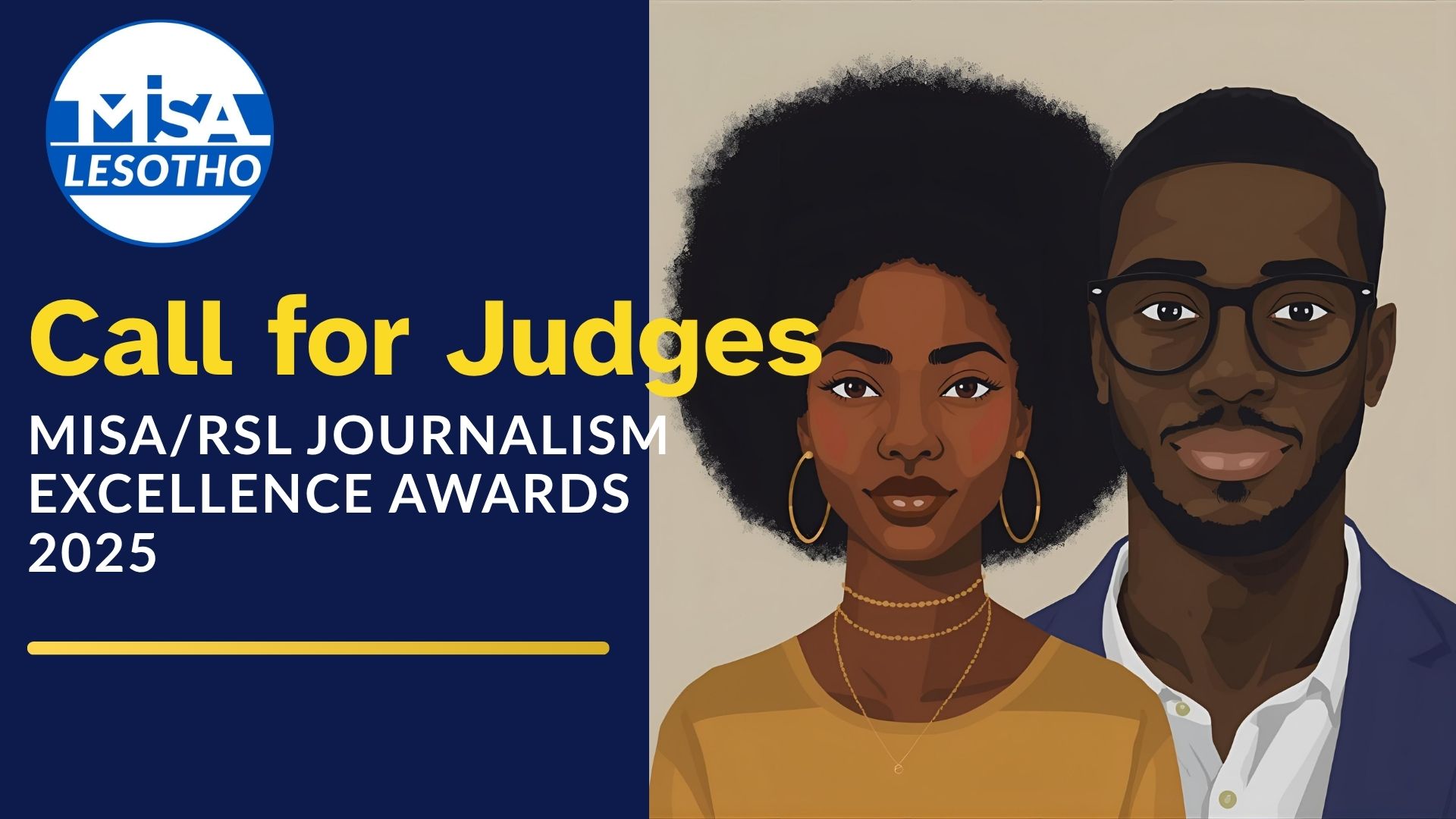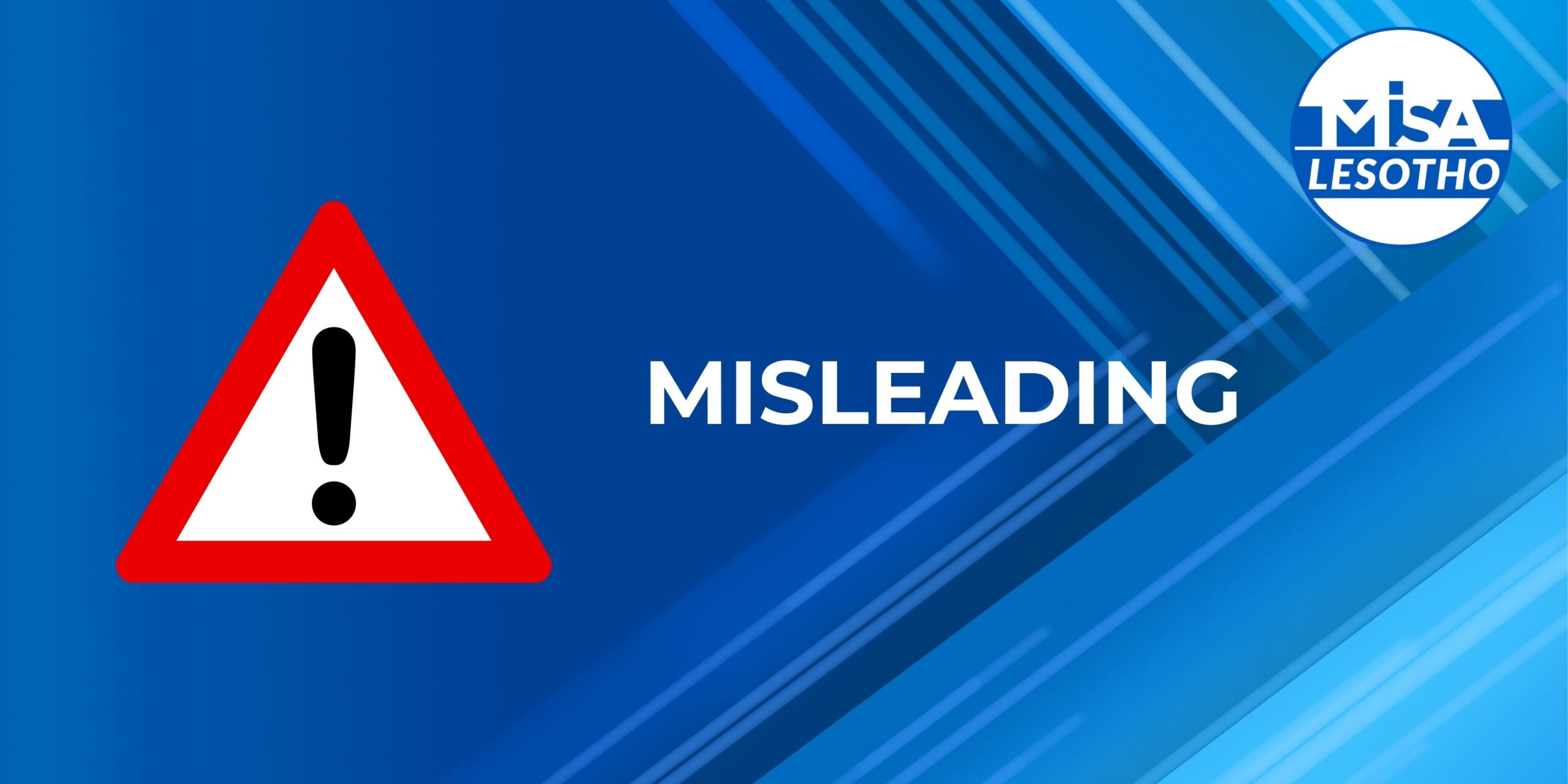By Maleshoane Ratsebe
- Study shows more Basotho embrace media’s watchdog role over government
A recent Afrobarometer survey reveals that more Basotho believe in the importance of freedom of the media, they even support the media’s watchdog role over the government – holding the government accountable for a transparent democracy. A detailed report of the survey was released last month (April).
Afrobarometer, a non-profit research corporation based in Ghana, has conducted independent and nonpartisan studies in a total of 44 countries in Africa on topics of fundamental values to emerging public opinion on issues ranging from democracy, freedom and citizen engagement to economy, poverty and development, among others.
According to the study, approximately 68% Basotho agreed that the media should investigate and report government corruption, while 30% disagreed, saying that “too much negative reporting” harms the country.
Seven in 10 citizens (71%) also believe that media publications should be free of government censorship, while 3 out 10 (27%) believe that the government should be able to prevent publications it disproves of.
The study, led by Advision Lesotho, was conducted on a total of 1200 citizens in both the urban and rural regions of the country.
Meanwhile, the chairperson of Media Institute of Southern Africa in Lesotho (MISA Lesotho), Mr Kananelo Boloetse, has said it is heartening to notice that Basotho recognise the vital role of the media as a watchdog over the government.
This, Mr Boloetse added, underscores a strong belief in the principles of democracy and good governance. He was commenting on the study.
The Chairperson further commented that press freedom should be explicitly protected by the constitution to prevent vulnerability to erosion and manipulation:
“It is not enough to acknowledge the importance of press freedom; we must ensure its preservation through legal mechanisms that shield journalists from undue influence or persecution,” remarked Mr Boloetse.
On access to information, 64% of Basotho advocate for their right to public information, according to the same study.
The study shows that more Basotho maintain that information in the hands of government authorities should be freely accessible to the citizens and not gate-kept by authorities.
The same study, however, shows that there is an existing 30% of the population that still believe that government should share or control information as it wishes.
“We cannot afford to let these crucial issues fall by the wayside in the implementation of the comprehensive national reforms. That is why we have approached the courts twice, when we thought that these principles were being pushed aside”, Mr Boloetse said.
He called on policymakers,stakeholders and development partners funding the reform process in Lesotho to heed to the people’s calls and put at the pinnacle the enactment of legislation upholding press freedom and access to information.




